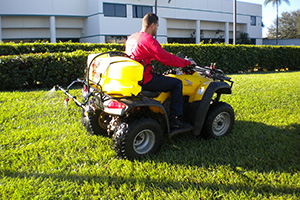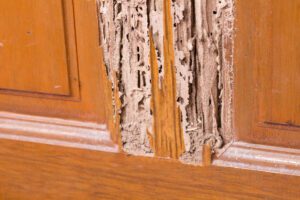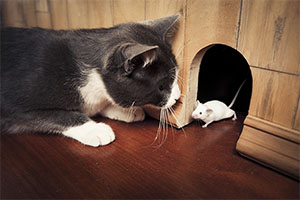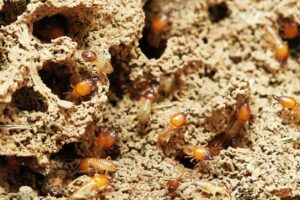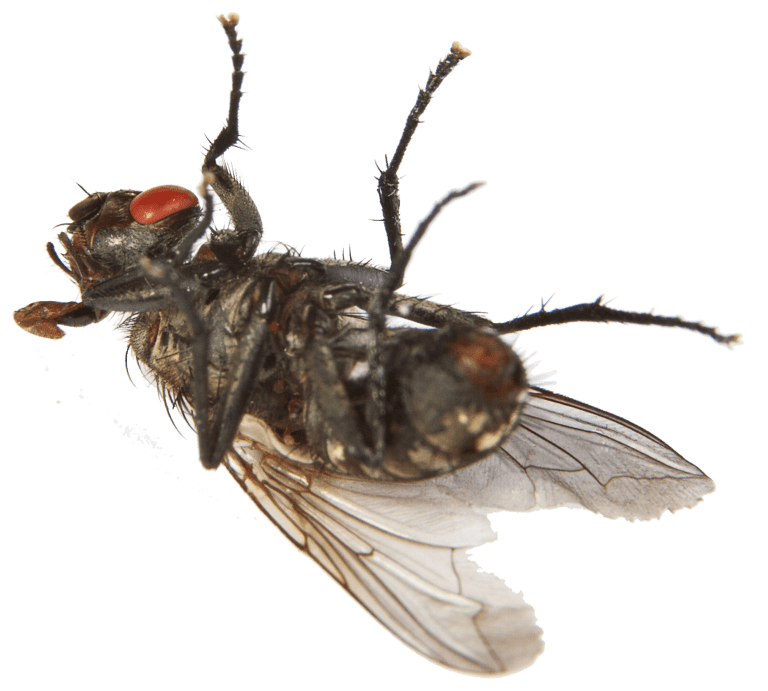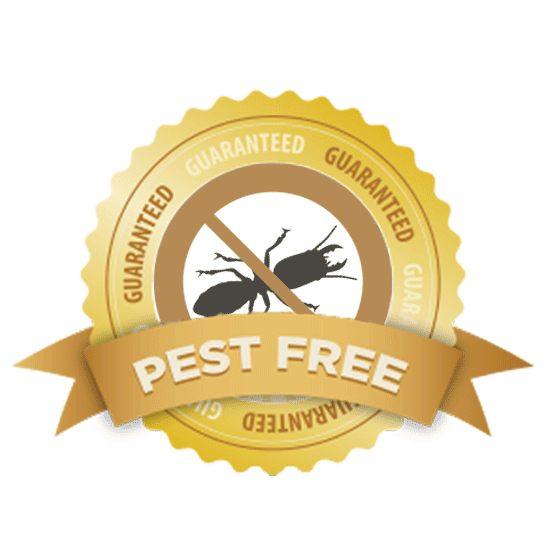There’s more to maintaining your lawn than can mowing and keeping it perfectly manicured. There is a wide range of insects and other pests that make their home in lawns and gardens. If left untreated they can do a lot of serious damage to your lawn.
Signs that your lawn has been infested with insects include brown patches where the roots of the grass have been damaged. You may also see other visible signs like something is eating on the grass blades or holes in the soil itself.
Investing in lawn pest control is the best way to deal with the problem and return your lawn to a healthy state. The investment will be worth it especially if your outdoor activities are being interrupted by pesky insects.
Do you have worrisome insects in your lawn? Keep reading for the top reasons you need to explore the best insecticide for lawns.
A Lawn Pest Control Specialist will know what’s Eating Your Lawn
There are over 500 types of bugs that could take up residence in your lawn and gardens. Knowing how they impact your grass, soil, and plants are something a lawn pest control company can teach you.
Of the many species that can attack your lawn here are a few to be concerned about.
Chinch Bug
You can identify the chinch bug by the cream-colored “x” design on their winged back. There are barely visible, but the damage they can do is quite noticeable. Signs of an infestation is dead patches of grass.
They lay eggs in spring, which hatch in the summer months. Increased damage occurs in late summer and fall.
Grub
Grubs survive by eating the roots of grass which kills your lawn. Eventually, they turn into beetles. The beetles mate and produce new grubs.
Without proper bug killer, grubs can take over your lawn.
Sod Webworm
If your lawn is comprised of turfgrass such as bluegrass and Bermudagrass, sod webworm can pose a serious problem. They also feed on turf used for football and soccer fields, as well as golf courses.
You will find sod webworms just above the surface of your soil. Common in the southeastern states of the U.S., these insects can destroy your lawn.
The first sign of an infestation is uneven grass. Your lawn will have healthy growing grass in most of the lawn. Over time you will notice that grass isn’t growing in the same rate or as healthy in other areas.
When this happens, you need to treat the lawn with insecticide.
Mosquitos
Mosquitos won’t do any damage to your lawn but they can make being outdoors unbearable. You can take every precaution to remove sitting water that they breed in, but mosquitos can still be a problem.
The best lawn insect killer to prevent them is Malathion or Permethrin.
You Need to Know the Best Times to Treat Your Lawn
Not all insects live on the same cycle. Understanding when pests are most likely to attack your lawn will help you create a treatment plan.
A lawn care specialist will know which products are needed for a particular problem. Having a specialist will keep you on a schedule and offer the best insecticide for lawns.
Understanding Which Products to Use
Using the wrong product to treat an insect problem can create a bigger issue for your lawn. There are different ingredients that insects respond to. You do not want to waste your money trying to kill fire ants with insecticide meant for carpenter ants.
You also need to understand if certain pesticides are compatible with the type of grass you have. It is also possible to injure certain plants with pesticides that are meant specifically for lawns.
They can Recommend Organic Solutions
Almost 70 million pounds of pesticides are used on lawns annually in the United States. Maintaining your loan can be done using natural ingredients that won’t damage your lawn or surrounding vegetation.
Integrated Pest Management pushes for the use of natural and organic products for pest control. In addition to using insecticides, people are encouraged to also use traps to catch insects. Another initiative is to combat insect problems before the eggs hatch, not after.
Homeowners with pets should look for organic products for their lawn pest control. Pets can become ill from ingesting too much insecticide.
Receive Tips on Preventive Measures between Treatments
Once you get lawn pest control problem fixed, look for tips on how to maintain your lawn between treatments. These can be tips you receive from a product manufacturer, blog, or your lawn care provider.
Controlling pests in your lawn makes pest control products more effective. Things like not overwatering, mowing your lawn frequently, and weed control can help.
You also want to secure garbage bins and keep your yard clean of debris that can attract pests.
To Achieve a Beautiful Healthy Lawn Year-round
There is more to achieving a beautiful lawn than a regular mowing routine. Lawn pest control plays a pivotal role in the appearance of your lawn.
Depending on the climate where you live there are numerous elements your lawn has to contend with. It doesn’t matter if it is the hot Florida sun or the freezing winter temperatures of the northeast. Ridding your lawn of unwanted pests will increase its durability and longevity.
A beautiful lawn also gives you great curb appeal. When the time comes to sell your home, a well-maintained lawn will be a big selling point.
In the meantime, being able to enjoy backyard barbecues without the intrusion of pesky bugs makes for an enjoyable evening.
Combat the Insect Problem in your Lawn
No one wants to deal with insects of any kind. Lawn pest control is the only way to solve the problem. Whether you hire a pro or do it yourself, treating your lawn to prevent insect infestations should be part of your regular lawn care.
Do you want to leave it to the pros? Contact us today to schedule an appointment for a free inspection.

